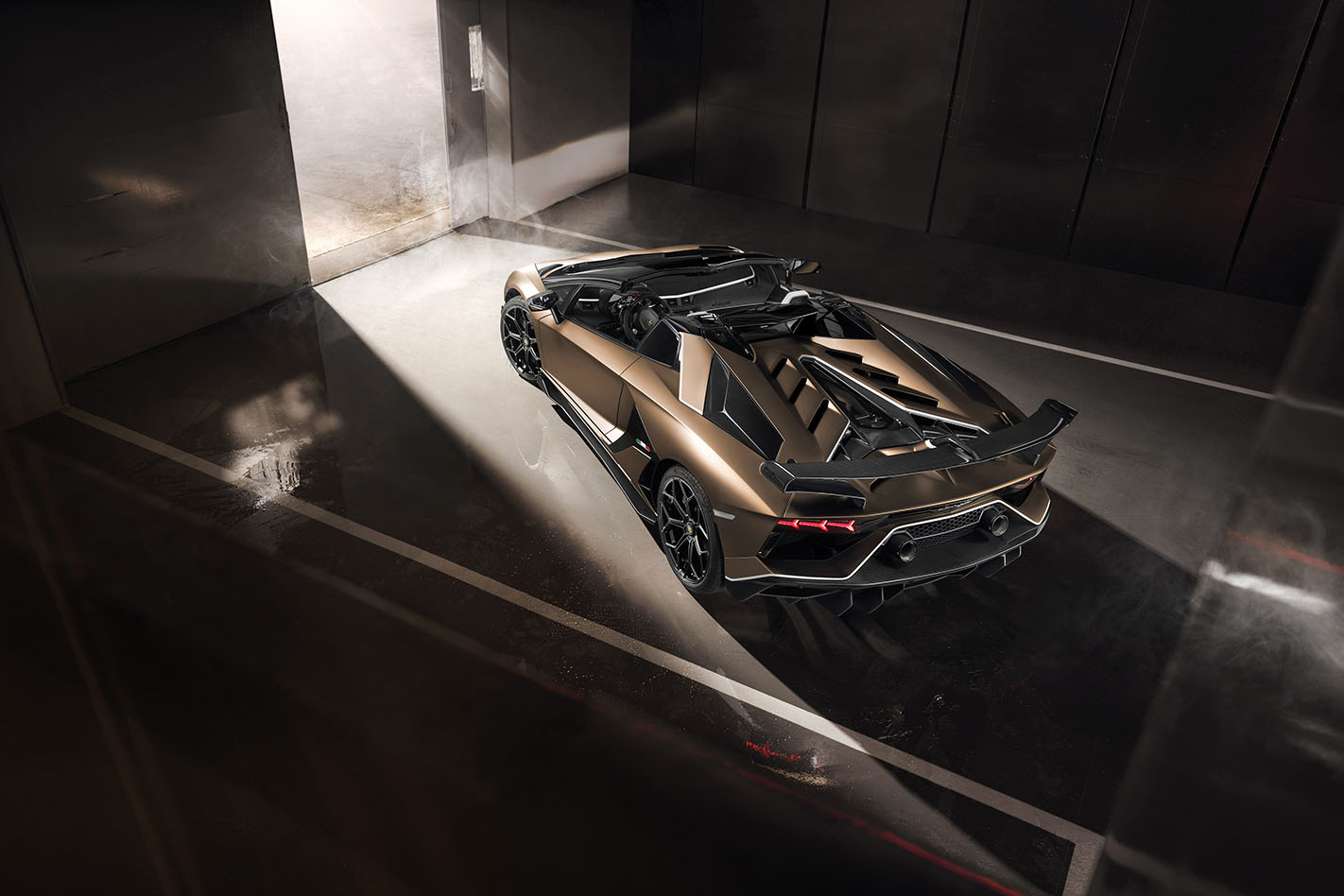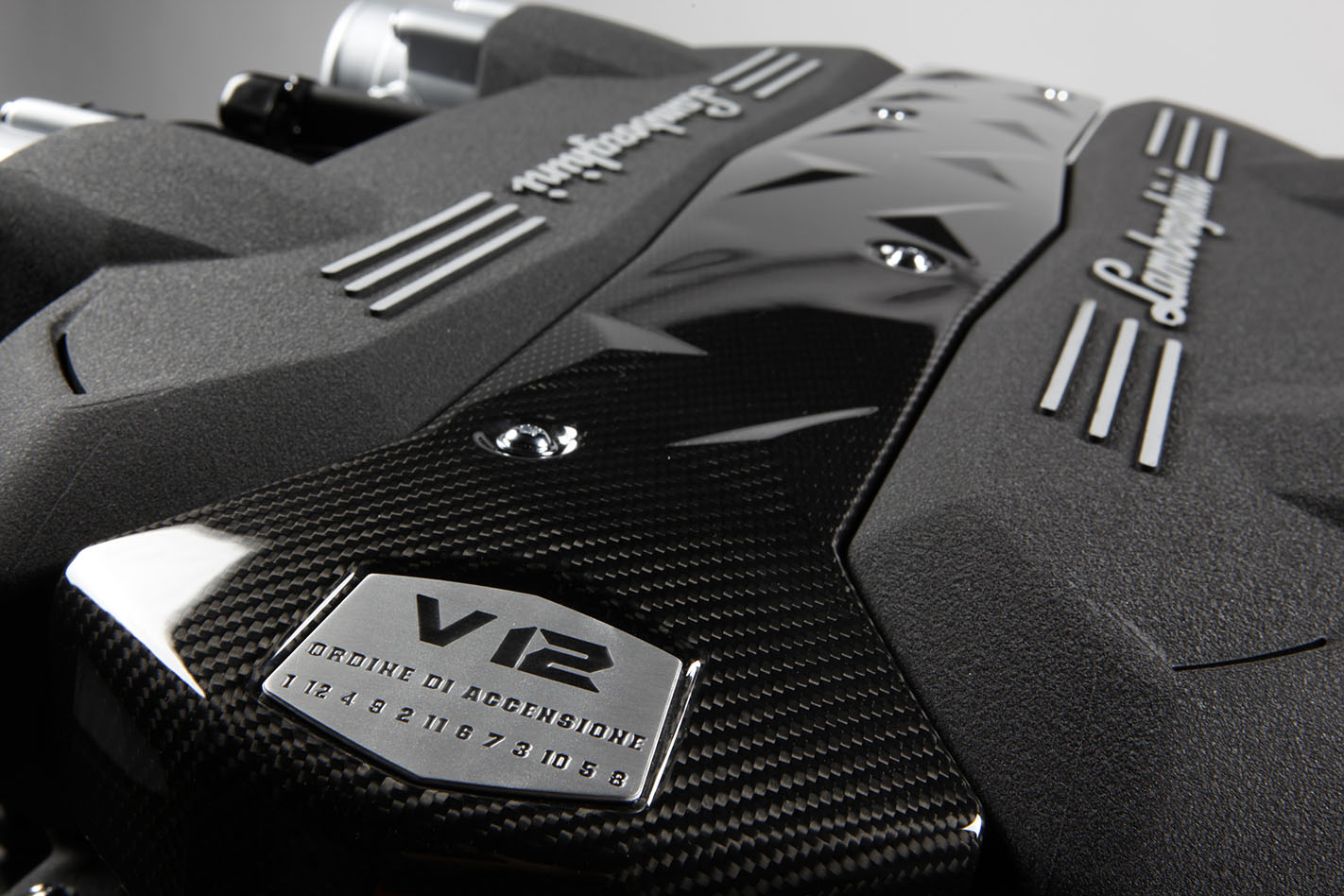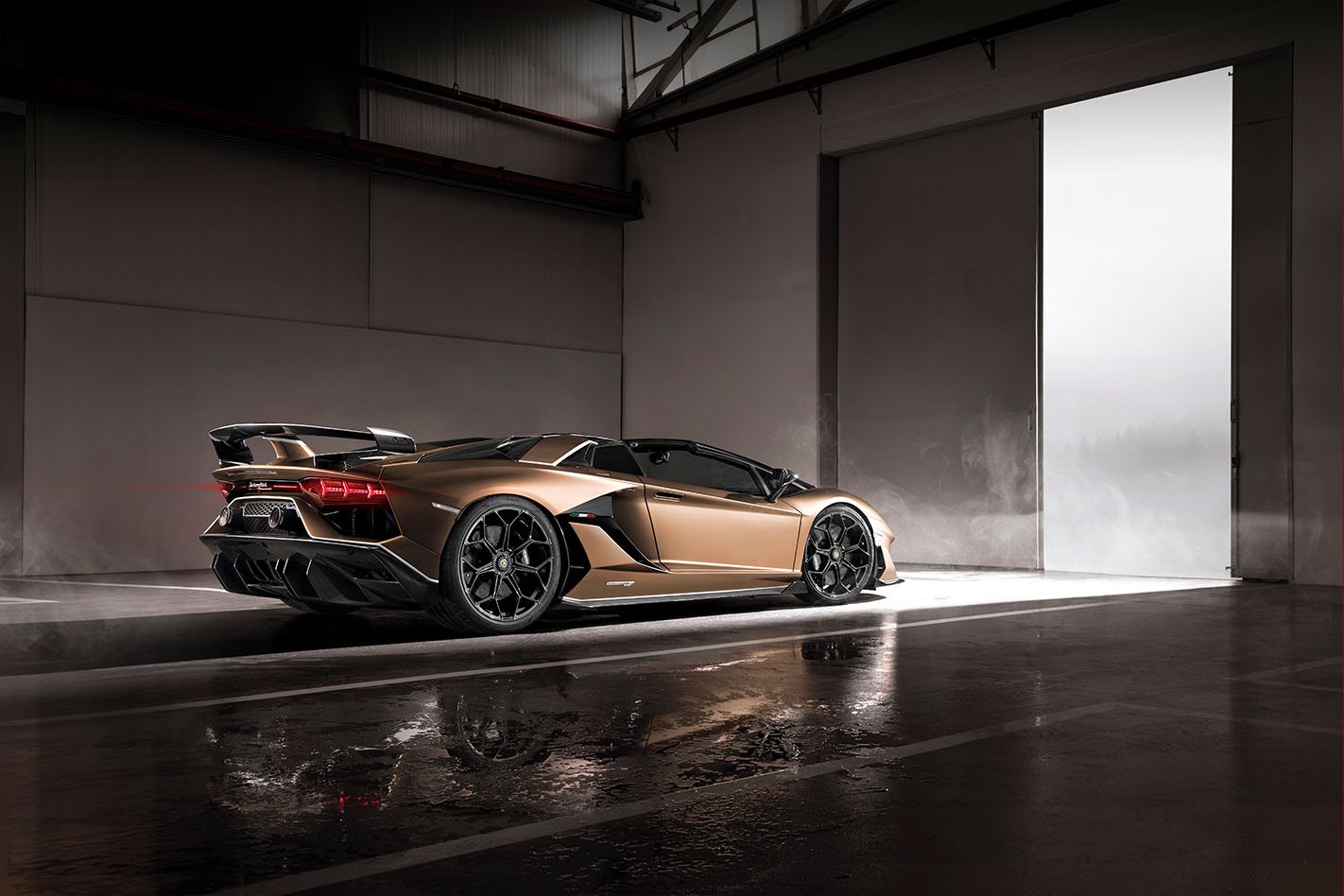Lamborghini is a company that’s never been shy of absolutes but, even by their standards, never is a long time.
So, when chief technical officer Maurizio Reggiani was asked whether we’d see the death of the Lamborghini V12 before we saw a Lamborghini EV, the response was as bullish as the company’s logo.
“Because the Lamborghini V12 will probably never die, we’ll see the two technologies together,” he claimed.
“While we are always looking ahead – often farther than the world can imagine – we only adopt solutions that fit the current need and for now, we see hybridisation on the near horizon.”
The storied Italian company has already taken the first steps along an alternate alternative energy path, previewing the jaw-dropping Sián last September.
Instead of using a lithium-ion battery as part of a hybrid circuit, the Sian uses a smaller, lighter, vastly more expensive supercapacitor to hold charge.
“We have taken the first steps towards a new era of electrification with the Sián, which combines the traditional combustion engine with ground-breaking new supercapacitor technologies; a new solution in the automotive sector,” said Reggiani.
“The first Sián[s] will be delivered to dealers in December 2020. Lamborghini is focusing on transferring technologies developed with the MIT to its products.
“This is our first target, and that’s the enabler for every future innovation in supercapacitor-based products.”
Reggiani confirmed that 63 coupes and 19 roadsters have been sold to clients.
“This production is providing us with significant data to evaluate future applications.”

Unlike Porsche, Lamborghini is not considering an increase to its engine capacities as a result of forthcoming Euro7 emissions regulations.
“EU7 is still not completely defined but for sure there will be limitations on the enrichment to protect the exhaust components,” he said. “This will require an extension of the Lambda < 1 region,” Reggiani said.
In short, he feels that insistence on a strict stoichiometric 14.7:1 air:fuel ratio can’t work, proposing that an accommodation for Lambda < 1 running - where the exhaust gases are fuel-rich - needs to be made for component protection.
“This requirement will be more demanding for vehicles with lower power to weight ratio and for this reason Lamborghini is not planning to increase engine displacement,” he added.
“Lamborghini will use high-strength materials to allow lower enrichment, especially in the exhaust area, and specific work will be done to reduce the exhaust backpressure. In terms of engine development, Lamborghini will target the increase of specific power and weight reduction of the engine to enhance performance even further.”
For Lamborghini to chase a EU7-compliant engine map requires a radical rethink.
If it can no longer use fuel enrichment to protect components, the net effect is a reduction rather than an increase in specific engine power, expected to up to 30 per cent.
Porsche has realised that in order to compensate for the power loss, a larger engine displacement is required. Lamborghini is clearly not countenancing this.
Instead, it looks as if Sant’Agata will use EU7 as a technology driver for the application of alternative concepts such as water injection, high-tech materials and exhaust gas cooling solutions.
Ever-larger turbocharger turbines have the net effect of reducing the exhaust gas backpressures that Reggiani requires and could work very effectively with full hybridisation or 48-volt e-turbos to fill the low-rpm torque deficit.
Lamborghini also finds itself in the fortunate position where customers aren’t overly sensitive to cost-intensive materials used for exhaust valves, exhaust manifolds and turbocharger turbines.
It seems there’s life in the V12 yet; maybe just not as we’ve known it.

Can Sant’Agata rely on Audi?
With rumours swirling that Audi is about to put Lamborghini up for sale, we asked Reggiani whether future Lamborghini vehicles would adopt Audi’s forthcoming cSO (Car.Software organisation) digital operating system.
It’s a fairly fundamental platform strategy, and would make little sense for an Audi-managed brand to divert from.
“Lamborghini as a brand has its own personality, with customisation of our products at the heart of our DNA, and we want to maintain our brand distinction in every aspect,” smiled Reggiani.
Does that sounds like a no to you?






